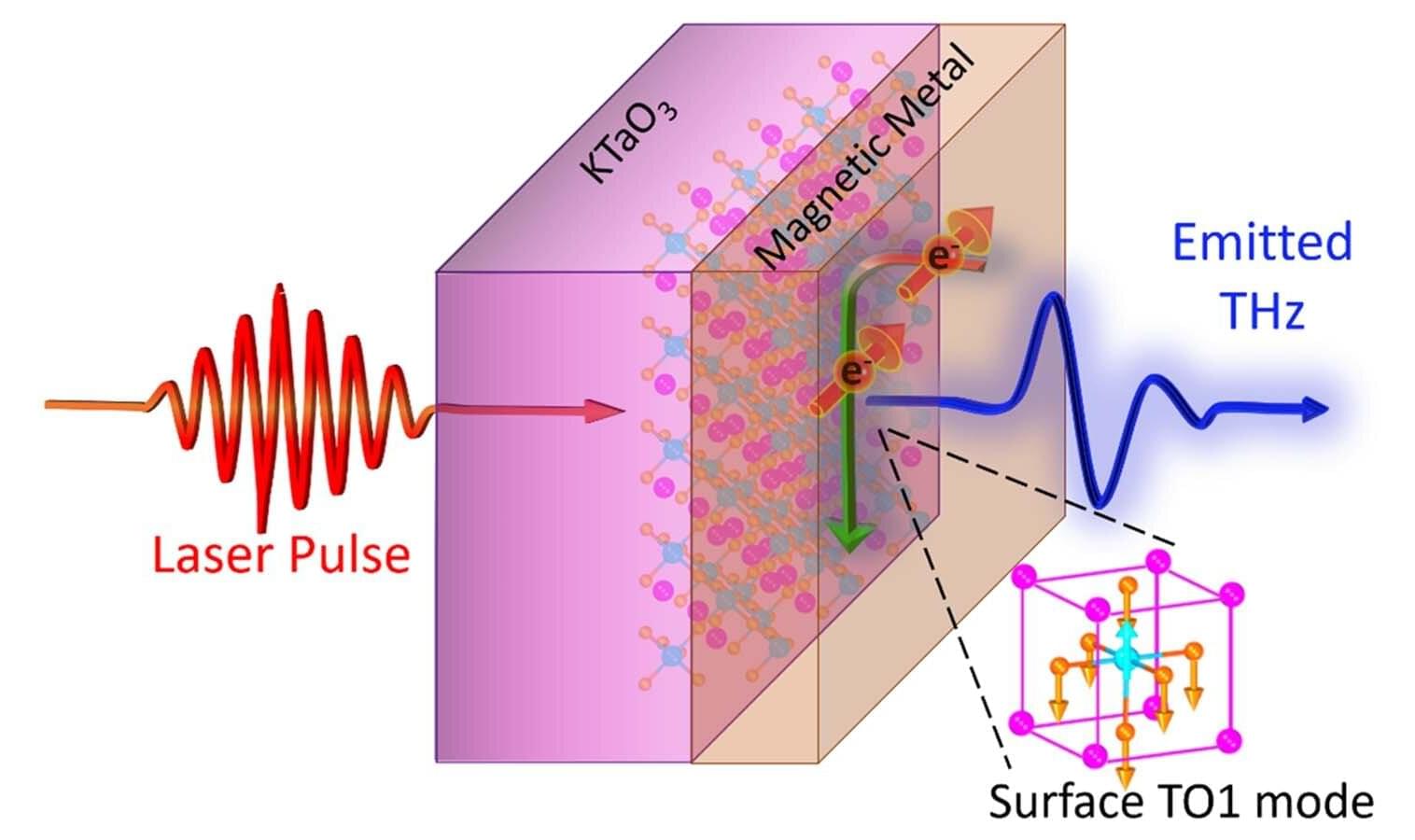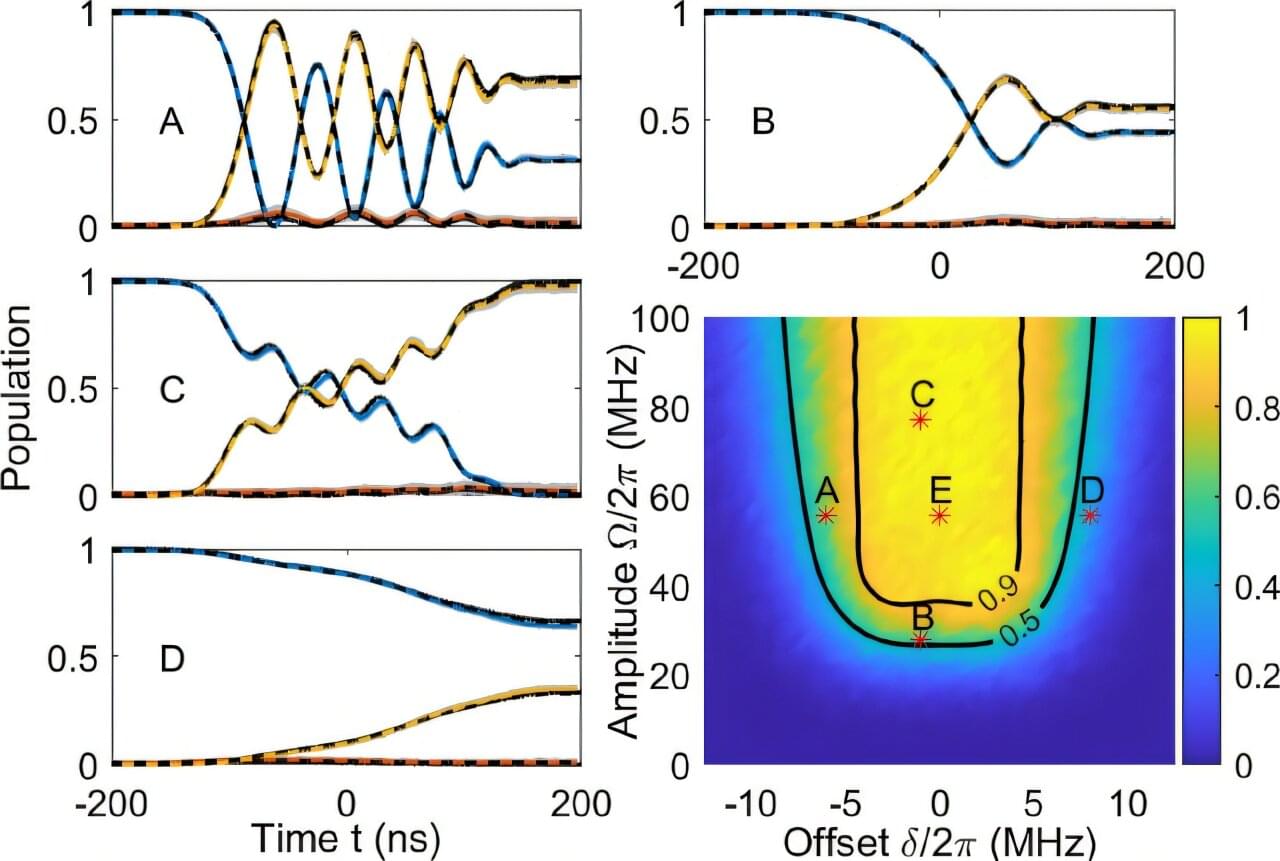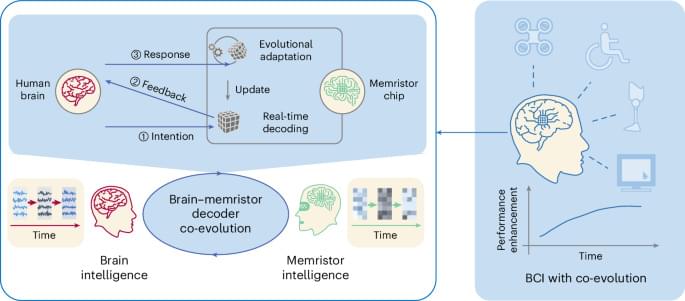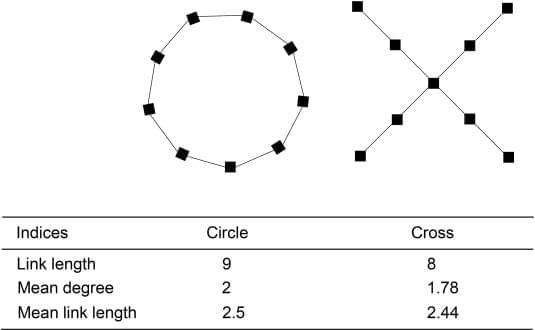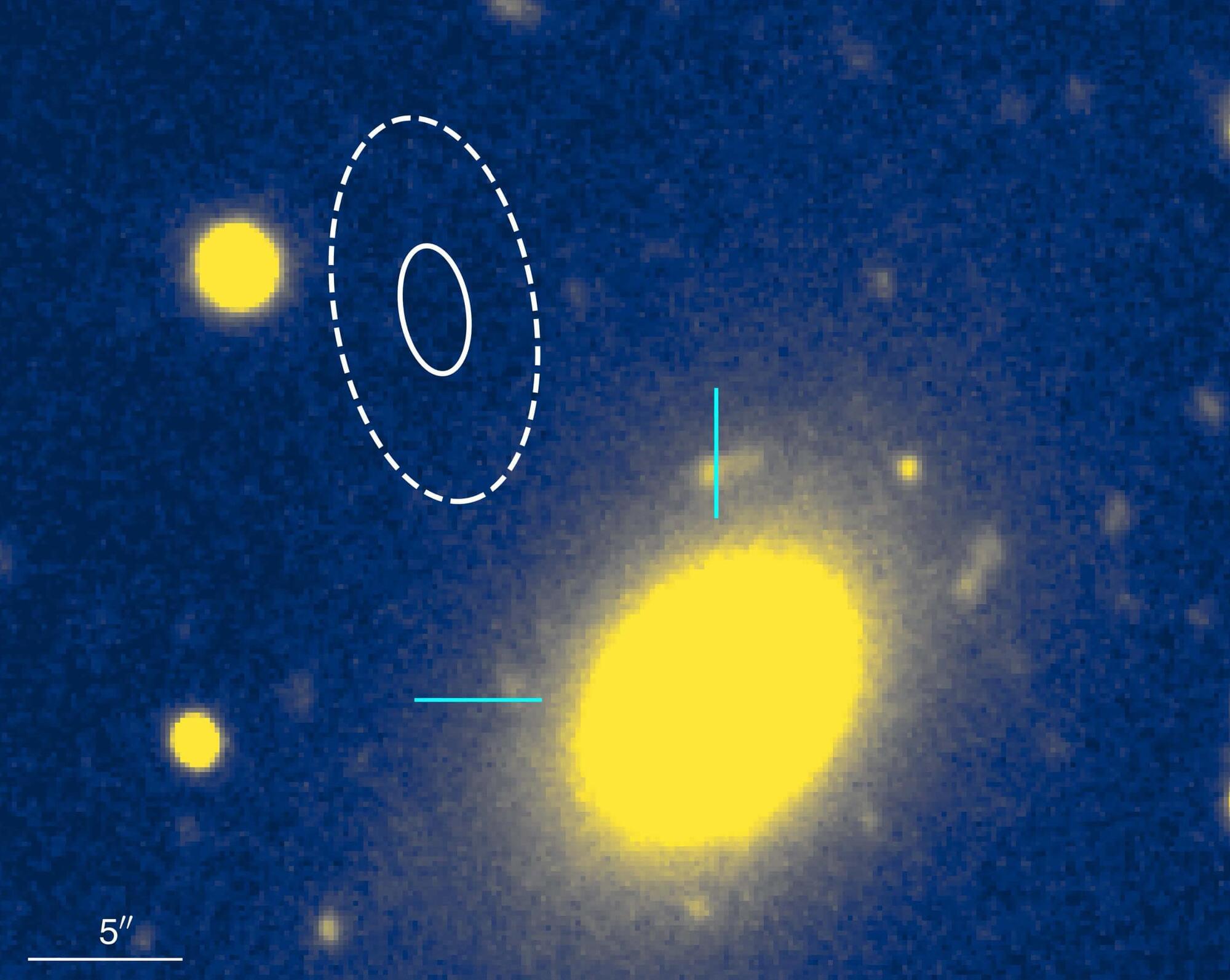Scientists are racing to develop new materials for quantum technologies in computing and sensing for ultraprecise measurements. For these future technologies to transition from the laboratory to real-world applications, a much deeper understanding is needed of the behavior near surfaces, especially those at interfaces between materials.
Scientists at the U.S. Department of Energy’s (DOE) Argonne National Laboratory have unveiled a new technique that could help advance the development of quantum technology. Their innovation, surface-sensitive spintronic terahertz spectroscopy (SSTS), provides an unprecedented look at how quantum materials behave at interfaces.
The work is published in the journal Science Advances.
